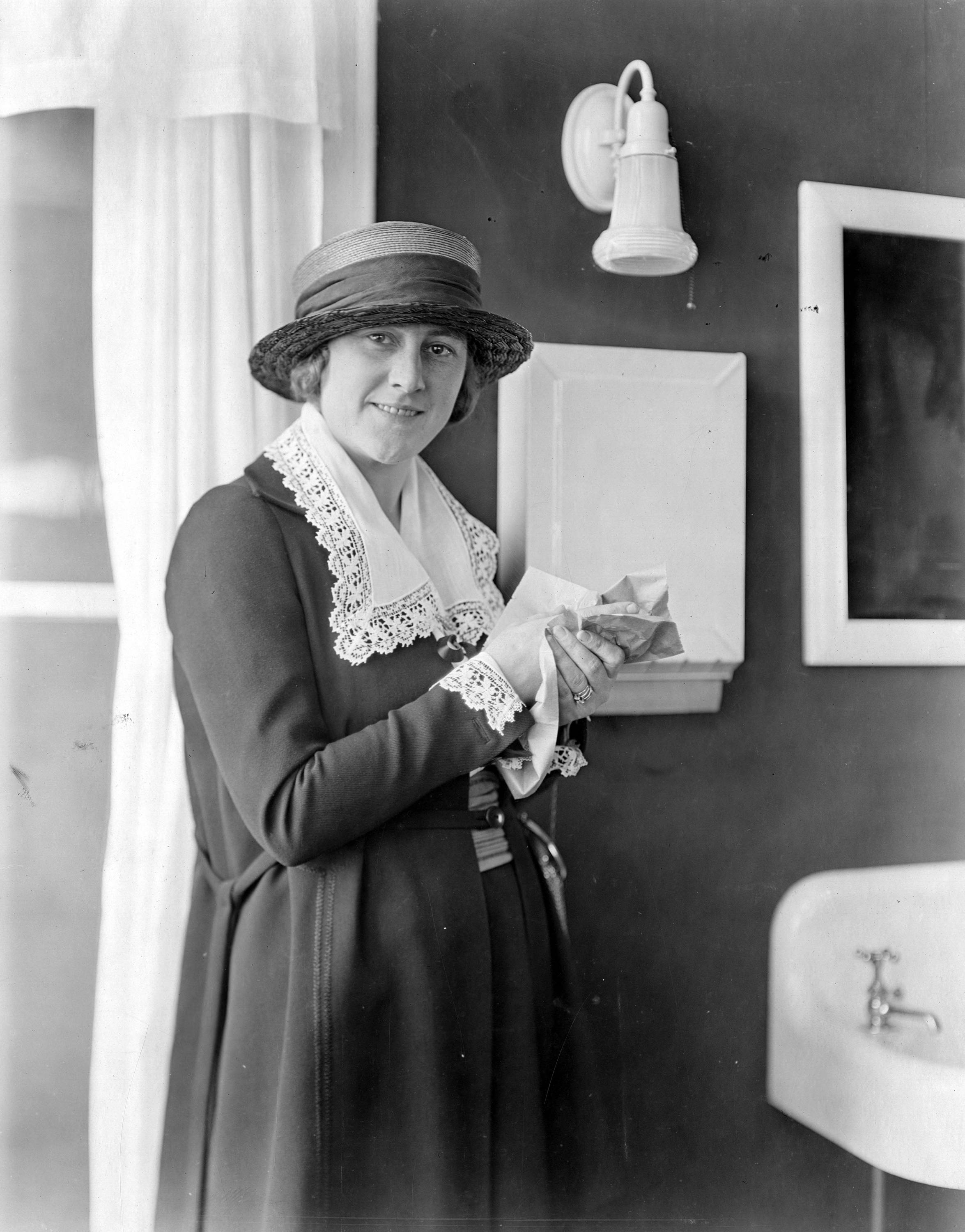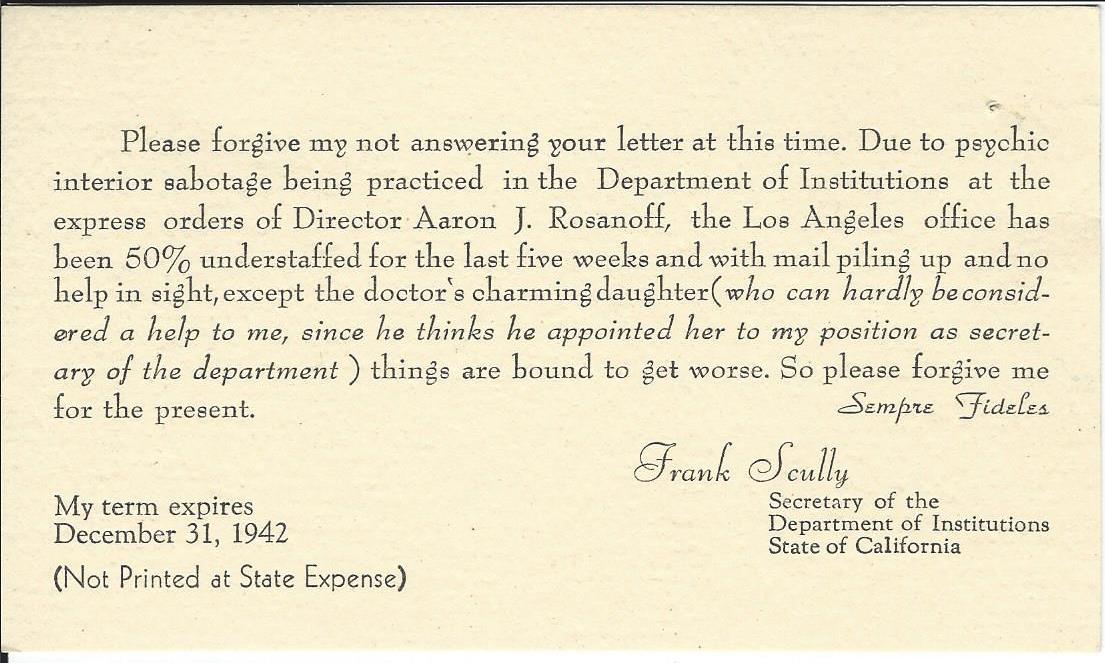Formats come and go.
Ask the 8-track audio tape and VHS’s rival the Betamax. Curators and archivists are ready for it … right?
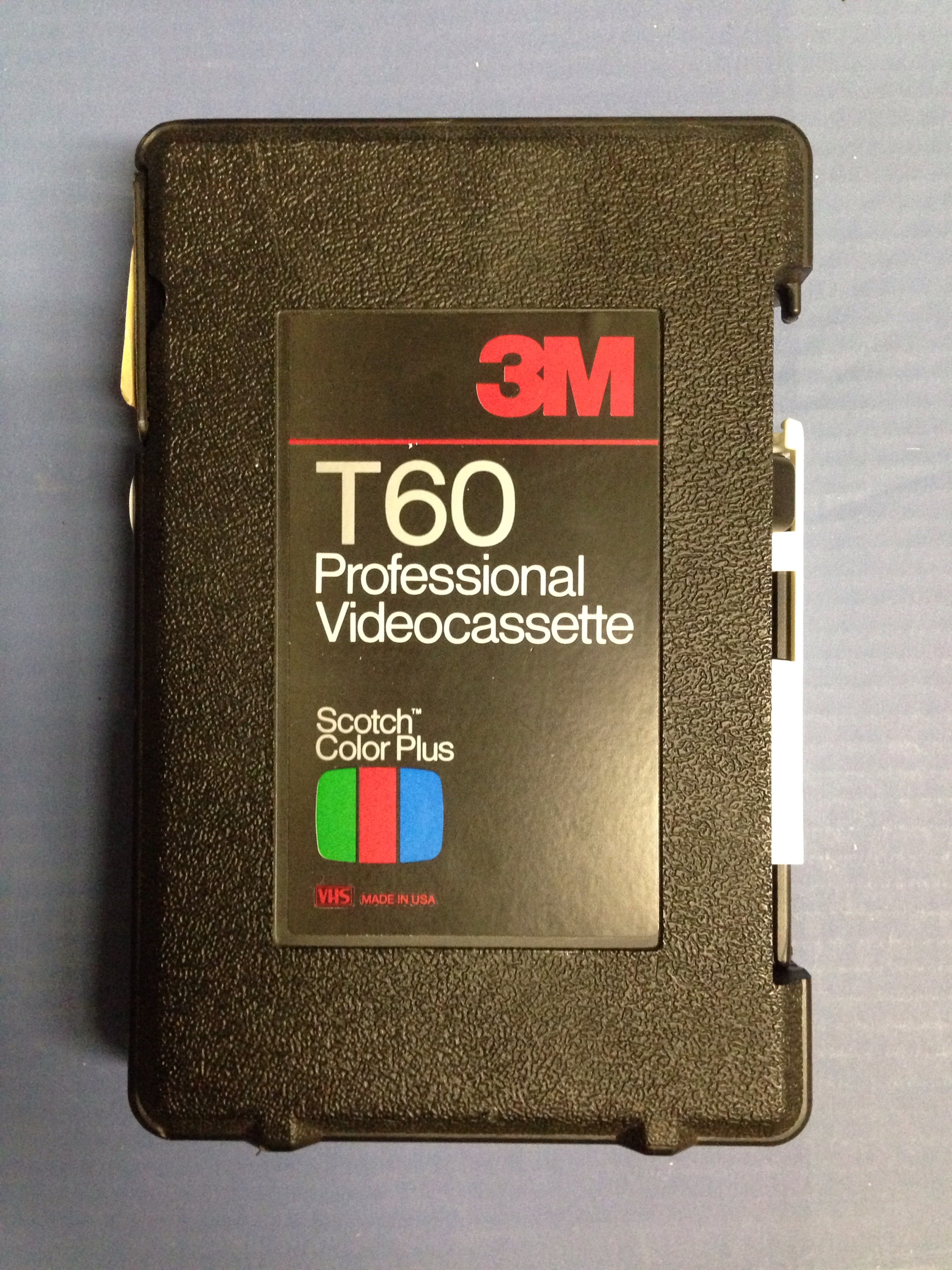
From the Archives, a 3M T60 Professional VHS Videocassette
To be clear, it’s the venerable VCR that is ceasing production, not VHS tapes. There’s a proud history of media outlasting the players … Sony only stopped producing Beta tapes this past March.
Being the age I am, I remember home video being a new thing. As a youngster, my family going for a Friday night/ weekend splurge to the Video Station (I think that’s what it was called) and renting VHS tapes and a VCR. We didn’t own one ourselves. They had VHS and Beta tapes and players I remember, but there was way more selection on VHS, so that’s what we always got. The players came in this big hard plastic carrying case. It was a while before we had our own VCR. My Dad won it in a sales competition at the car dealership where he worked then.
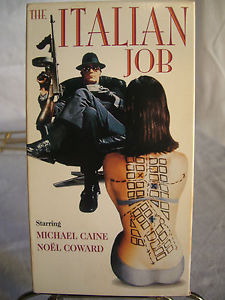
The first thing I ever bought online was a VHS tape. (I think. There’s a good chance it was actually a book, but for the sake of this blog post, it was a VHS tape.) I had read somewhere that the greatest cinematic car chase ever put on film was in the 1960s for an early Michael Caine caper film called The Italian Job. The cover of my copy had this mobster guy and this sexy lady back with a map on it — neither image really had much to do with the movie. It did get some looks on my shelf of tapes in college, though.
The people at the Video Station had never heard of it. The people at every video store in town had never heard of it. No one at the library had heard of it. But, Web 1.0 certainly knew about it! As quick as you please, the tape was on my doorstep! I couldn’t believe how simple it was.
The cover of my copy had this mobster guy lounging and this sexy lady’s back with a map on it — neither image really had much to do with the movie. It did get some looks on my shelf of tapes in college, though. (“Uh, what kind of movie is this?”) If you’ve never seen it, it’s actually a lot of fun. Not really a mystery, but crime/ thriller/ caper film. It does have one of the greatest car chase scenes of the pre-CGI era.
So, what does VHS obsolescence mean for us in museum and archive land? We need to be sure we have good equipment on the shelf and know how to maintain and clean it. We also need a plan to migrate our VHS tapes to other formats. Afterall, you don’t want all that great content being stranded on formats you can’t access. We have enough of that already (I’m looking at you 3M Sound On Slides)
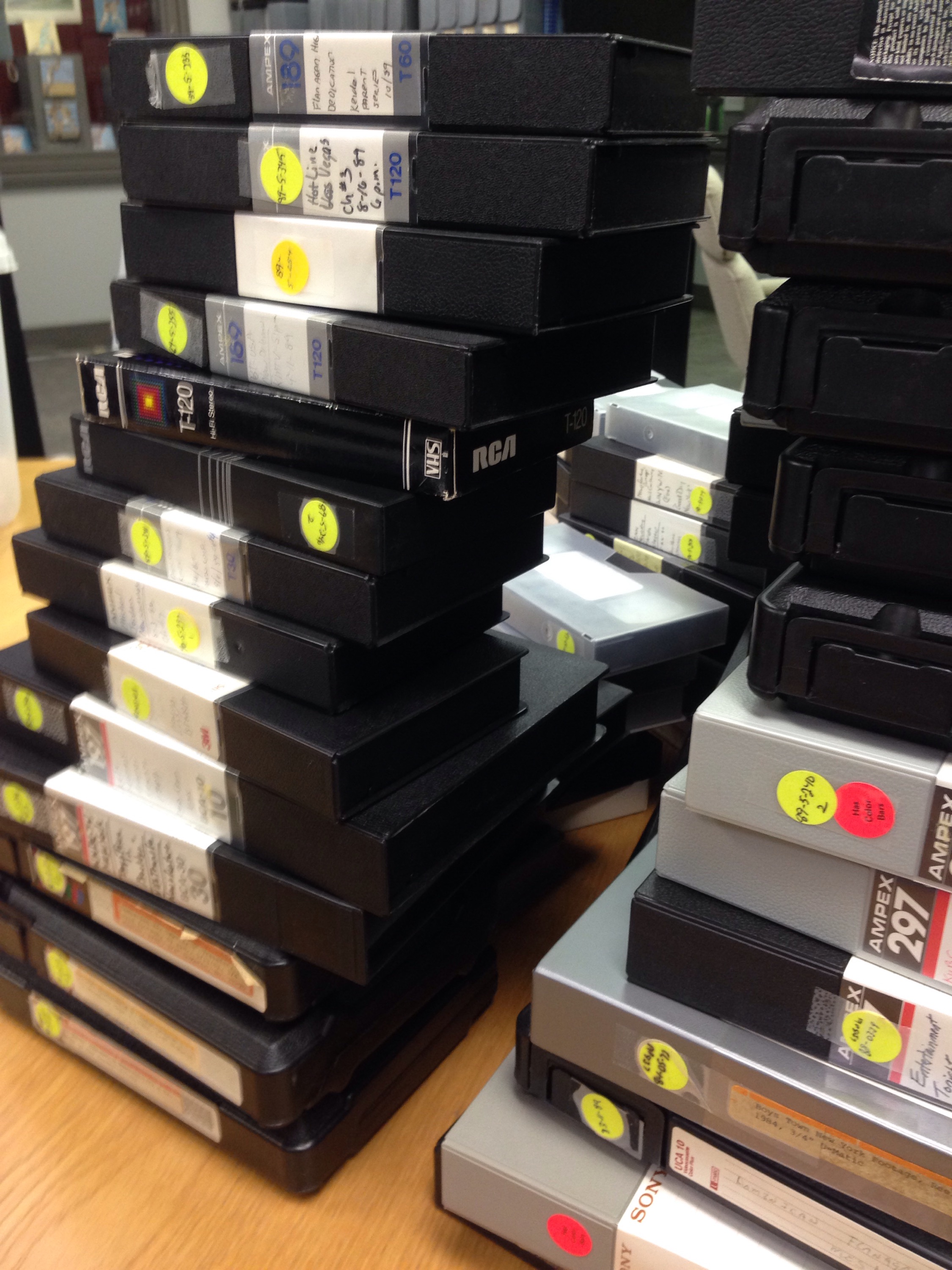
Will VHS become collectible some day? Will there be rare video shops, like rare book shops? Will devotees come in and say things like “It smells so good in here, reminds me of a Video Station circa 1986.” Will the analog tape speak to photography-on-film buffs? Will people start to glow talking about the grain of the film? Will they be like vinyl records some day?
9 Reasons VHS can be Expensive/ Rare
25 Rare Films That Never Made it to DVD (Including Sherlock Holmes, a version of the Godfather and other stuff I’d love to see)
I have my doubts. Beta already has a cult following that is decades old. On that front of the video format wars, VHS lost. I think it’ll be the people searching for the content more than the pleasure of the format.
Like this post? Here’s more about life behind the scenes in museums and archives:
BINGO! At the Intersection of History and Slang
How to know Things are Bound to get Worse
How to Research History Like a Novelist
About the Author: Benjamin L. Clark writes and works as a museum curator.


